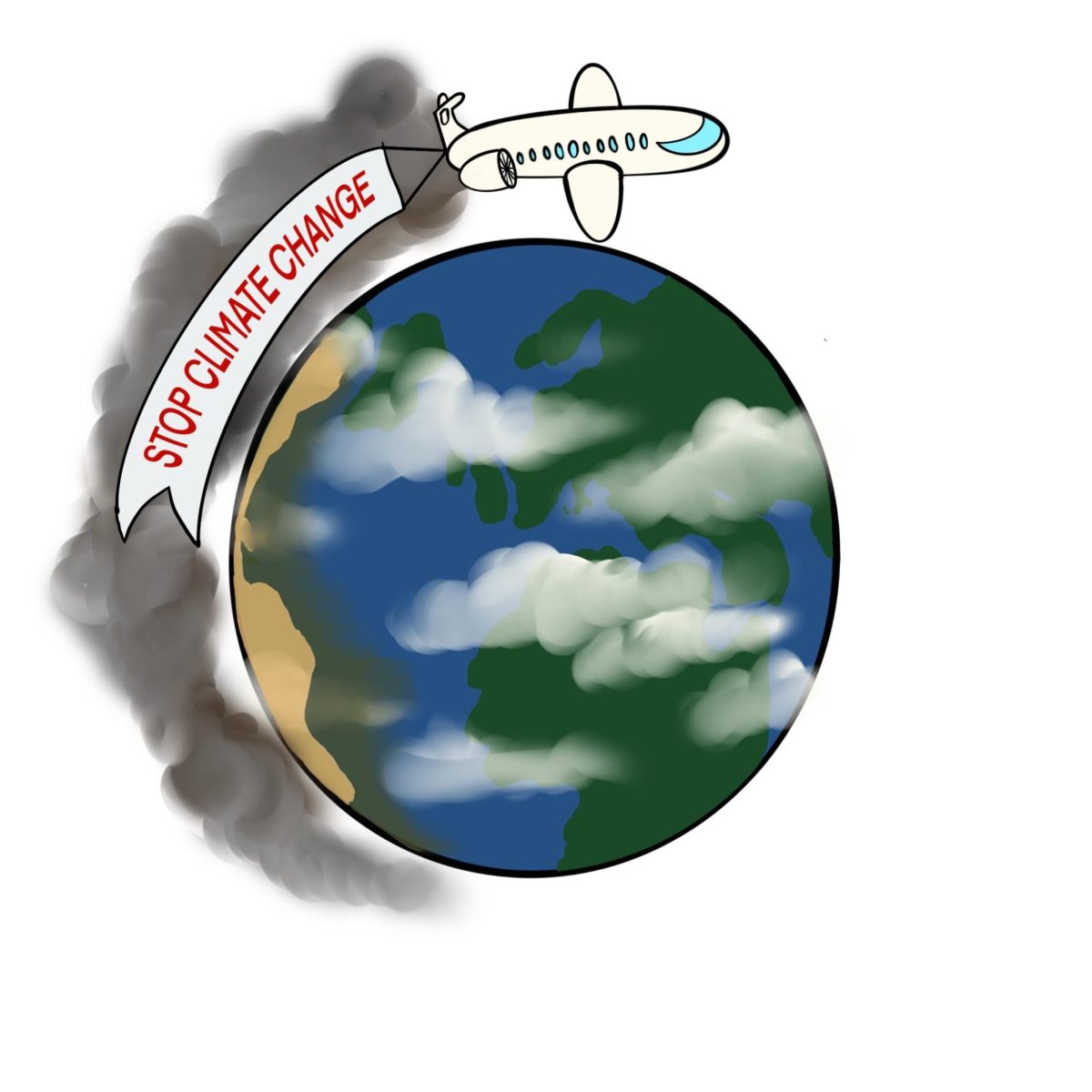Starting on November 30th, Dubai will host the 2023 Conference of the Parties; this event, known as COP28, is one of the largest annual meetings of leaders from around the globe. Delegations from all major world powers will be in attendance, including nations in active conflict. This mass attendance is undoubtedly an indication of the weight of the gathering. The conference’s message is that “COP28 UAE is a prime opportunity to rethink, reboot, and refocus the climate agenda.” according to the event’s website. The goal of dropping global warming to 1.5℃ below pre-industrial levels is a seemingly valiant one; this sort of international collaboration may be precisely what we need to curb global warming. However, the setting and format of COP28 may be counterproductive in the fight against Earth’s rising temperatures. According to the United Nations climate change website, the meeting is expected to have over seventy thousand attendees. That is seventy thousand people who need flights, transport, food, and accommodations. In effect, a conference directed at reducing climate impact will produce huge emissions and waste, actively contributing to the sole problem it’s trying to prevent. So the question is naturally posed: why not host COP28 virtually?
This change to a remote format would have both ecological and functional implications. Not only would it prevent the millions of gallons of fossil fuels burned and kilotons of greenhouse gas emissions, but the conference could run more efficiently without the logistical challenges of gathering the world’s leaders in one place. After almost four years since COVID began, we, as a society, are familiar with virtual conversations and Zoom calls. And with a large proportion of global business and education running digitally for years, it’s safe to say the system is tried and true. So, when considering the benefit to our planet, there seems to be little downside to an online COP conference. Proponents of the in-person format claim that it would improve productivity. In a podcast by the BBC World Service on the climate conference, Graihagh Jackson, the host of a television program on climate change, spoke on the benefit of the ‘water-cooler conversations’ that come with face-to-face interactions. She argued, “[These] informal interactions are really important in building relationships, and ultimately if you have good relationships with people, you are more inclined to get a better climate deal out of it. ” There is certainly some merit to Jackson’s claim about placing world leaders in close proximity; however, with the ease of communication we are presented with today, this additional interaction hardly justifies the huge environmental impact. Some critics are frankly unconcerned with the event’s footprint. In the same COP28 special, Justin Rowlatt, the BBC’s climate editor, called the emissions caused by the conference “A drop in the ocean.” While Mr. Rowlatt is correct that the direct impact is small in the grand scheme, sentiment also plays an important role. If our goal is to unify the globe to fight this accelerating crisis, having world leaders actively contribute to it, seemingly senselessly, does not set the precedent for change we so desperately need. Furthermore, given the scale of the problem, every greenhouse gas emission, no matter the size, is a drop in the bucket. We can only make a change by diligently and immediately starting to slow the drip into the bucket of global warming; the leaders of world powers should not be exempt from this contribution.



